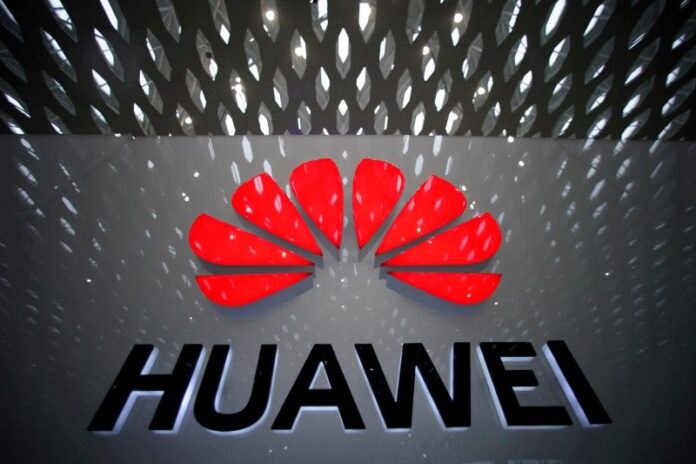ISLAMABAD: Huawei Digital Power Pakistan has launched a residential hybrid energy system aimed at helping households manage electricity consumption, reduce power bills, and ensure backup power during outages.
The launch was announced during the “Huawei Powering Pakistan – Advancing Energy Through Innovation” event in Karachi. The new solution includes hybrid inverters (models SUN2000-5-12K-MAP0 and SUN2000-12-25K-MB0) and LUNA2000 lithium-ion battery packs available in 7kWh, 14kWh, and 21kWh capacities.
These components convert solar energy into electricity and store excess power for use at night or during grid failures.
The system is equipped with SmartGuard Safety Devices and can be monitored through a mobile app that tracks energy consumption in real time. It is designed to address local electricity issues, including load shedding and rising costs.
Huawei said the system is easy to install and supported by local services. It also announced an Installers Rewards Program, under which certified installers can earn points and receive exclusive rewards for each successful installation.
JinYu, Managing Director of Huawei Digital Power, said the company aims to support energy independence in Pakistan through smart and efficient solutions. He said the new system is designed to meet the needs of Pakistani households and aligns with broader goals of clean energy adoption.




